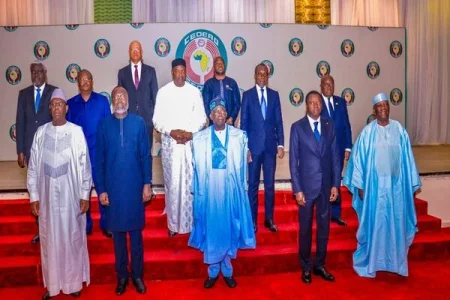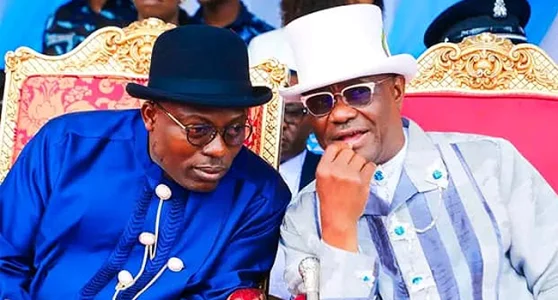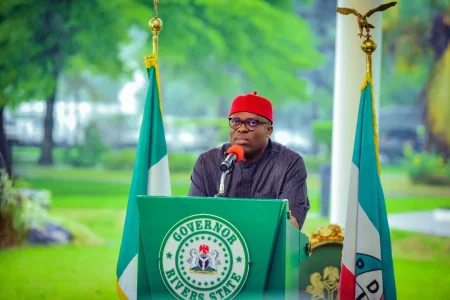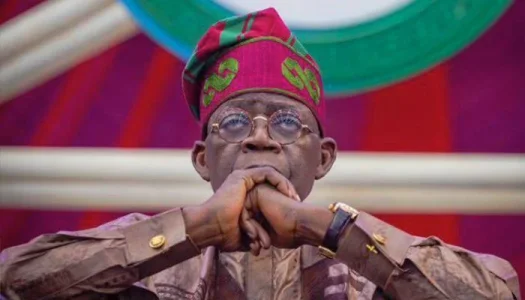
ECOWAS may suspend project funding in Burkina Faso, Mali, and Niger due to their withdrawal from the bloc, impacting regional economic and financial cooperation. The move highlights ongoing challenges and the need for stability in West Africa.
The Economic Community of West African States (ECOWAS) is contemplating suspending funding for projects in Burkina Faso, Mali, and Niger following their decision to withdraw from the regional bloc. This announcement was made by Aliou Omar Touray, President of the ECOWAS Commission, during the 65th Ordinary Session of the Authority of Heads of State and Government.
Touray warned that the withdrawal could disrupt economic and financial cooperation, including investments from regional financial institutions. He also noted that it might lead to the closure of ECOWAS offices in these countries, potentially affecting the job security of ECOWAS personnel from the withdrawing nations.
“Our midyear report will highlight the extensive work done in sectors such as agriculture, environment, education, culture, and renewable energy. Unfortunately, the withdrawal of these countries threatens to overshadow these accomplishments,” Touray stated.
He also celebrated recent political and electoral achievements in the region, such as peaceful transitions in Senegal and Togo. Despite these advancements, Touray acknowledged that the region faces significant challenges, including terrorism, food insecurity, and environmental crises. He emphasized that governance issues and social tensions are exacerbated by geopolitical rivalries and misinformation.
Reactions to the news have been mixed. Some supporters appreciate ECOWAS’s efforts to foster democracy and development, while others are concerned about the impact of suspending projects in the withdrawing countries. One commenter noted, “ECOWAS must find a balanced approach that maintains cooperation while addressing internal conflicts.”
As the situation develops, the implications of Burkina Faso, Mali, and Niger’s withdrawal on regional stability and development will become clearer. ECOWAS remains committed to promoting a cohesive and progressive West Africa despite these challenges.



